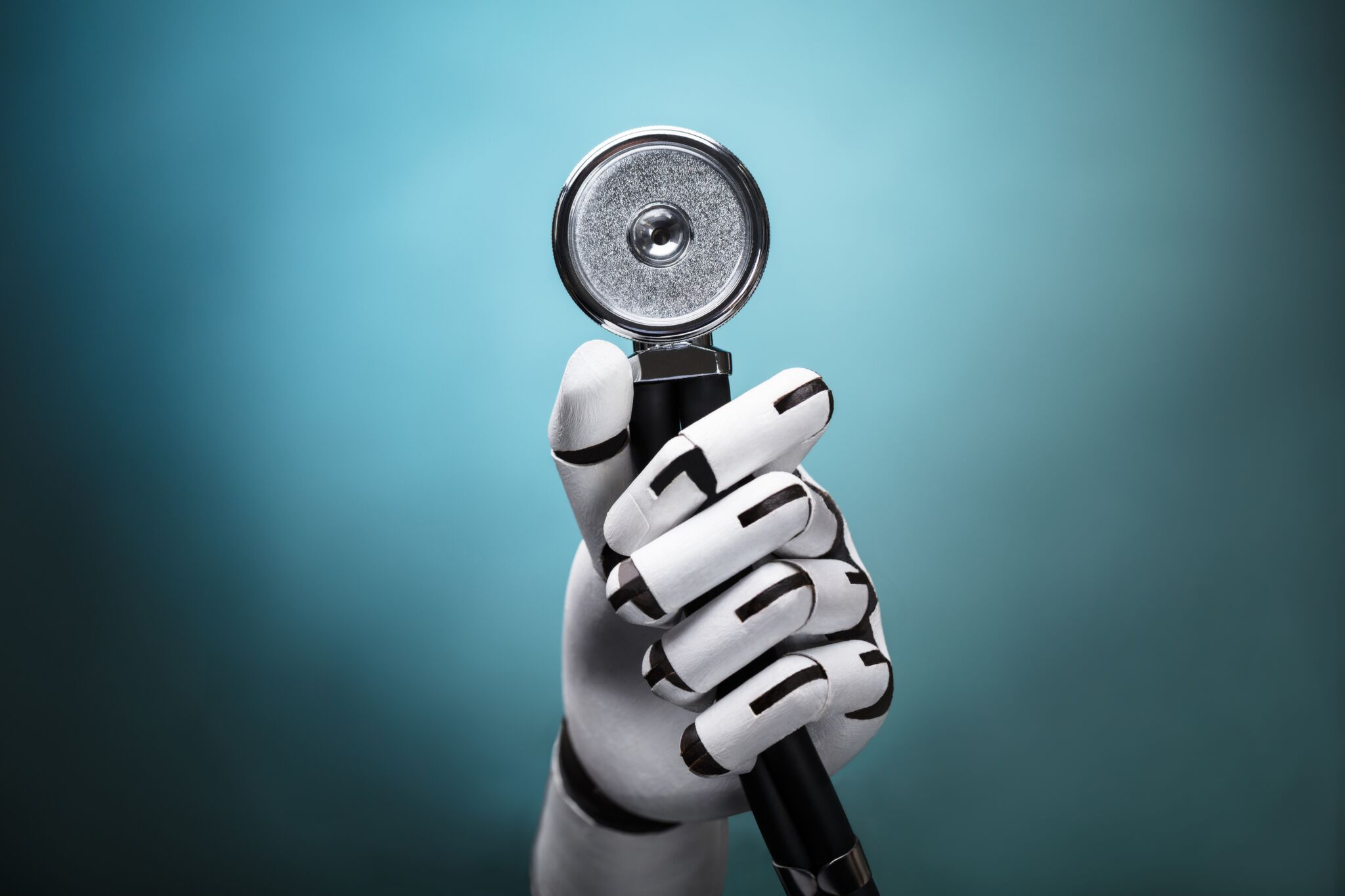
What makes a good doctor?
You could say that’s the question thousands of medical school students ask each and every day over the course of their long, formal education. But, in recent years, the answers to that question have become increasingly complicated as digital technology has been rapidly changing the face of medicine.
Writing recently at The Sting, an independent European media outlet, Geraint Rees, Professor of cognitive neurology, University College London, observes that “doctors will not be replaced by AI, (b)ut it is almost certain that doctors who use AI will replace doctors who do not use AI.”
He notes that medical academics have already recognized the importance of better technical and computational skills, “but AI represents a still broader challenge. A narrow set of computer science skills are unlikely to be sufficient; the deployment of AI within the NHS (National Health Service) requires a range of expertise in data analytics and algorithms. And we already know enough about the impact of AI in the real world to appreciate that working with it will require an expansive set of skills – from ethics, information governance, policy and regulation to social science, an understanding of the graphic arts, industrial design, cognitive neuroscience and many others. Only such a comprehensive remit will allow the appreciation of the social applications and social implications of AI essential for its successful integration into medicine.”
One question Rees engages is, who will train the AI-using doctors of the future?
Naturally, he replies, “universities have a key role to play, because they are the only institutions with expertise spanning the full range of knowledge and skills needed.”
But tech companies also have a responsibility, as they’re the ones developing the advanced technologies that will be used in AI medicine of the future. In Rees view, there needs to be a partnership between the tech companies, the universities, and the NHS, and while he’s writing about the situation in the UK, it stands to reason the same possibilities exist in the US and elsewhere.
“Working together in partnership . . .,” Rees says, “they can use existing models to deliver clinical academic training programs which allow doctors to move between healthcare and universities, receiving joint clinical and academic training, sometimes combined with placements in companies.”


